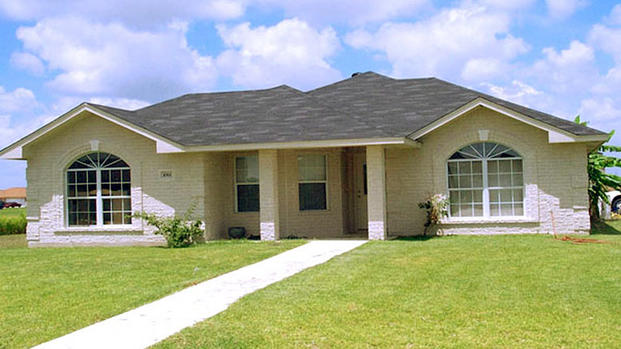One common concern about obtaining a home loan guaranteed by the Department of Veterans Affairs (VA) is the occupancy requirement. In general, the VA home loan guaranty program is designed for the service member or veteran's actual home, and the law requires that the borrower certify that they intend to live in the property as their principal residence. However, those rules are more generous than you might think.
There is a lot of flexibility within the interpretation of these rules, and your specific situation may not fall clearly under any of these categories. Your VA lender and VA representatives can give better answer to your situation.
Reasonable Time
Generally speaking, it is expected that the veteran will occupy the property within 60 days of purchase. However, an exception may be made for occupancy up to 12 months after purchase if there is a specific date or a specific event, such as retirement.
Occupancy by Spouse or Dependent Child
The VA Lender's Handbook states that occupancy by the veteran's spouse or dependent child satisfies the occupancy requirement. In the case of a dependent child being cared for by a third-party, the party with power of attorney or legal guardianship must sign VA Form 26-1820, Report and Certification of Loan Disbursement. I don't understand this completely, but that's what the rule says.
Deployed Service Members
Service members who are deployed from their permanent duty station are considered to fulfill the occupancy requirement provided all other requirements are fulfilled.
Retirement
Service members who are within 12 months of retirement may be eligible to utilize a VA loan guaranty, but the details of the retirement must include a specific date. Underwriting will strictly evaluate the retirees ability to pay the mortgage based upon the estimated amount of retirement income.
Intermittent Occupancy
This is a gray area and the rules are subject to a lot of interpretation. The property may not be a vacation property, and the borrower may not have any other "primary residence." The property must be in proximity to the borrower's employer.
While VA guaranteed loans have many areas of flexibility, occupancy is not one of them. The occupancy portion of the eligibility requirements is an important aspect of the program. The rules try to cover all reasonable exceptions without creating loopholes. Your VA lender can help you with more specific details or questions.
All of this information was obtained directly from the VA Handbook 26-7, Revised, the Lender's Handbook.









